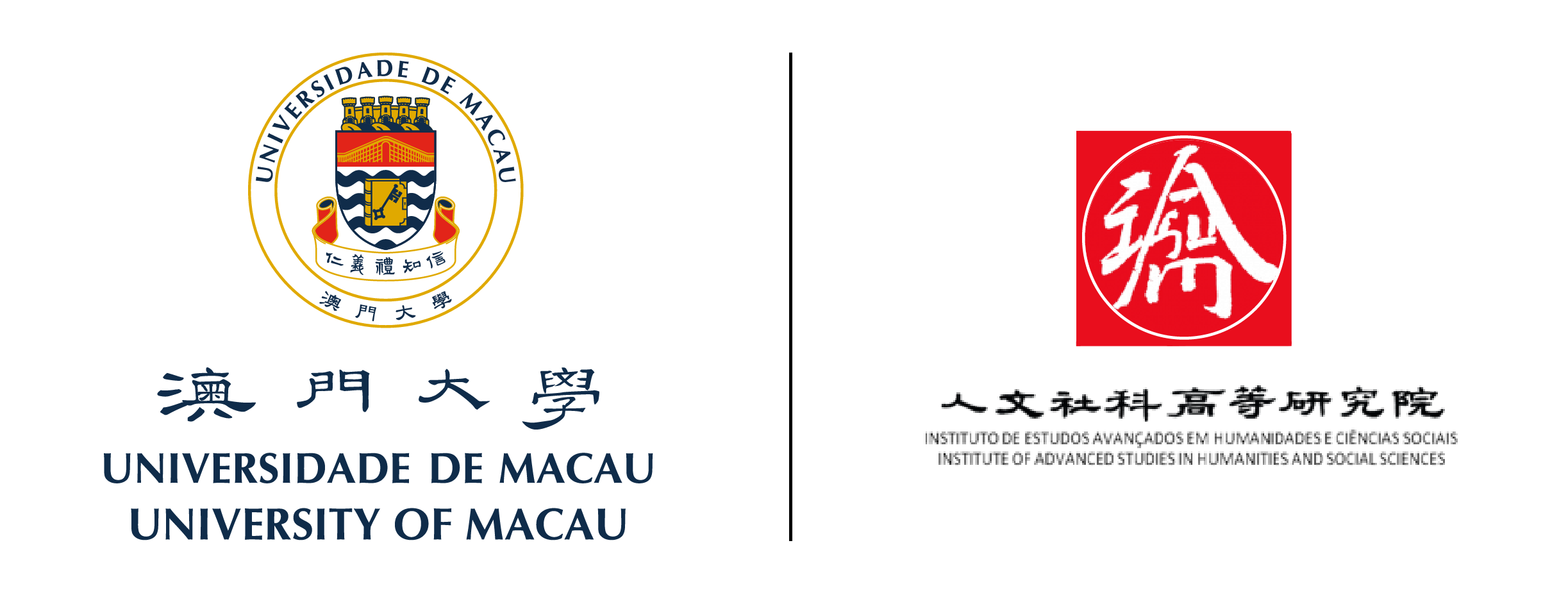
A joint lecture organized by the Institute of Advanced Studies in Humanities and Social Sciences (IAS) and the Faculty of Law (FLL) was successfully held on May 10, 2024. The lecture was titled “Arbitration Across Human Faculties and Human Societies: A Three-Dimensional Epistemological Analysis” and was delivered by Professor Fan Kun from the University of New South Wales. Professor Yu Xingzhong, Director of IAS and Chair Professor of the Faculty of Law, acted as the moderator.
In this lecture, Prof. Fan highlighted the research background and importance of it. She firstly introduced the origin and development of “arbitration”, and mentioned the hot topics of “arbitration” discussed at both the practical and academic levels. While traditional scholars’ discussion of arbitration always centers on legal procedures and institutions, Prof. Fan believes that it is equally important to consider the broader cultural, social and historical dimensions. She pointed out that the legal tradition of Western societies has provided a philosophical foundation for arbitration, allowing it to develop into a form of settlement based on common rationality and objective rules. However, if we look at a country like China, it is difficult to find the concept of “arbitration” reflected in its history. Prof. Fan then presented a more inclusive theoretical framework, distinguishing between Western and Chinese interpretations of “arbitration”, with the Western side emphasizing rationality and the Chinese side focusing on harmony. Prof. Fan also discussed the difference between legal and moral civil order, the status and importance of arbitrators in arbitration, and the practical value of this theoretical framework. Finally, Prof. Fan concluded that China is actively participating in dispute resolution reforms, and that the combination of mediation and arbitration is becoming more and more accepted around the world, and that the future of arbitration will be a globalized process, in which global norms will embrace local traditions.
In the discussion session, the professors discussed issues such as “whether glocalization is a cultural competition”, “the real use cases of the three-dimensional epistemological framework and the impact on China’s arbitration mechanism”. Prof. Fan argued that arbitration is an arbitration of the parties and that user expectations should be taken into account in the arbitration process. The inclusion of arbitrators from different cultural backgrounds has led to an inclusiveness of some disagreements. Prof. Yu, on the other hand, used a photo he once saw to explain the current state of law in China today, with feudal elements as well as modern and post-modern elements, which is ultimately a kind of fusion. Prof. Fan also agreed that arbitration reflects some Chinese traditions in the context of prevailing globalization.
The lecture attracted students and faculty members from different fields and backgrounds, and the audience demonstrated a high level of interest and engagement.







